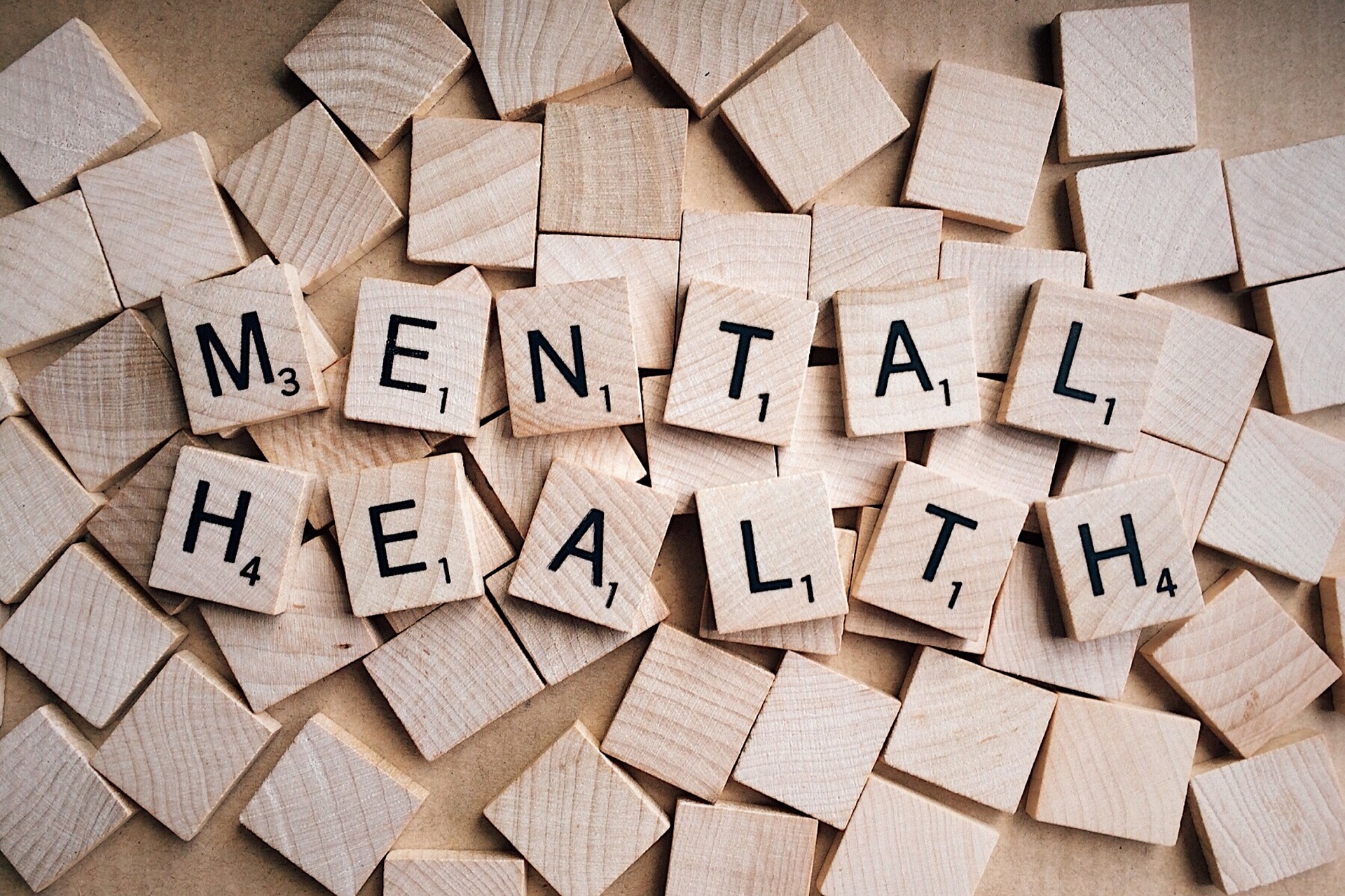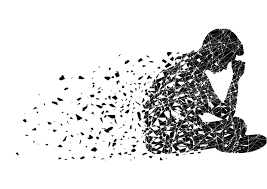Only mentally challenged people need a psychologist. Agree or not?

Atika Shukla
We all need to be in therapy sometime in our lives as it is useful in getting healthy and making a good life better.
First of all, we need to stop labelling people because the moment we do that we are only focussing on their limitations and not trying to understand their potential. So instead of mentally challenged, I would like to use the term differently abled. With the right interventions in terms of assessment, special education, occupational therapy and psychological therapies and most importantly, a supportive family system can help the differently abled lead a life to their potential.
In my 13 years of practice, one thing that is common to the many people I have counselled is that when a crisis arises and they don’t have a healthy coping mechanism in place, they crumble. Unfortunately, people hesitate to seek help when it comes to mental health as it is seen as a sign of weakness or you go to a shrink only when you have a disorder or an illness. Whereas I feel we all need to be in therapy sometime in our lives as it is useful in the wellness model of getting healthy, achieving potential and making a good life better. For example, look at two ways to manage our physical health: a visit to the doctor versus working out at the gym. We go to a physician to treat a medical problem: one feels the symptoms and seeks treatment to return to one’s “normal” state. By contrast, we go to the gym to get healthy, achieve a higher physical potential and generally make a good life better. Two different approaches to health, one focussed on illness and the other, wellness. Therapy is unique as it acts as the psychological equivalent of both the doctor and the gym. We go to therapy to treat problems as well as improve an already decent life.
Would we say that people who work out must be sick or they wouldn’t need it? No, right? But when it comes to seeing a psychologist, it is not seen as taking care of your mental health. This is the attitude that needs to change. Many people have difficulty in accepting themselves as they are and are constantly struggling to change themselves to get approval, they’re not necessarily depressed or afflicted with another mental disorder. Therapy can help one explore roadblocks to self-esteem and teach practical ways to make one’s happiness a priority.
Many relationships are functional, but are no longer fun. Couples counselling can help improve communication and strategise ways to return passion and excitement to a marriage. One may feel stuck in their career, maybe unhappy where they are. But unable to change – is it fear, hard work, or interpersonal conflict holding one back? Therapy can be the catalyst for healthy change in one’s career.
Holding a grudge isn’t a diagnosable condition, but it does have serious physical, emotional, and relational consequences. Through therapy, one can learn to resolve these issues and move on. Therapy is as important if not more to lead a more fulfilling life as absence of an illness. It helps in dealing with the overwhelming emotions, fears, insecurities and helps in regaining objectivity.


